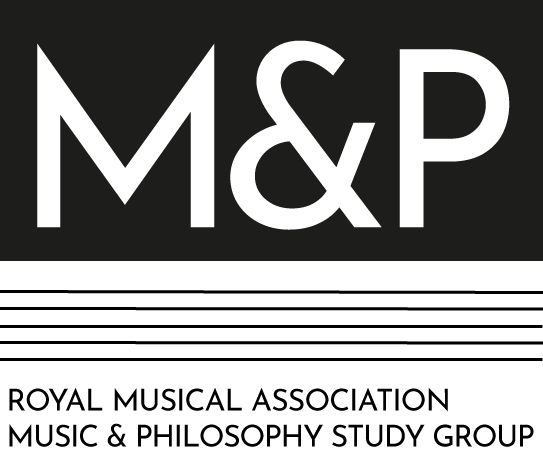Session convenor: Stefano Mengozzi (University of Michigan)
Speakers:
…to be announced shortly!
Music-analytic language is typically conceived and deployed as a well-oiled machine: the musical terms we use rest on rigorous definitions and operate within clearly marked conceptual territories, so that particular music-theoretical labels correspond necessarily, and often exclusively, with particular concepts in a one-to-one relationship. From such assumptions, it is a short step to ascribing ontological value to music-theoretical language, so that the very nature of musical phenomena (such as “chord,” “dominant,” or “meter”) is regarded as contingent on the dedicated labels attached to them. The essentialist bias informing current music-analytic practice is in need of critical scrutiny: it is one thing to argue that language (as a manifestation of consciousness) provides a privileged path to musical ontologies; quite another to regard those ontologies per se as radically contingent upon language.
Indicative Bibliography
Blasius, Leslie David. Schenker’s Argument and the Claims of Music Theory. Cambridge, 1996.
Broman, Per F., and Engebretsen, Nora A., eds., What Kind of Theory if Music Theory? Epistemological Exercises in Music Theory and Analysis. Stockholm, 2007.
Brown, Bill. “Thing Theory,” Critical Inquiry 28 (2001): 1-22.
Cavell, Stanley. Must We Mean What We Say. Cambridge, 1969.
Christensen, Thomas. “Music Theory and Its Histories,” in Music Theory and the Exploration of the Past, ed. C. Hatch and D. W. Bernstein. Chicago, 1993, p. 9-39.
Dahlhaus, Carl. Untersuchungen über die Entstehung der harmonischen Tonalität. Kassel: Bärenreiter, 1968; English trans. by Robert O. Gjerdingen, Studies on the Origin of Harmonic Tonality. Princeton, 1990.
Kramer, Lawrence. “Odradek Analysis: Reflections on Musical Ontology,” Musical Analysis 23 (2004): 287-309.
Korsyn, Kevin. Decentering Music: A Critique of Contemporary Music Research. Oxford, 2003.
Laugier, Sandra, Why We Need Ordinary Language Philosophy, trans. D. Ginzburg. Chicago, 2013; originally Paris, 1999.
Mitrović, Branko. “Attribution of Concepts and Problems with Anachronism,” History and Theory 50 (2011): 303-327.
Moreno, Jairo. Musical Representations, Subjects, and Objects: The Construction of Musical Thought in Zarlino, Descartes, Rameau, and Weber. Bloomington, 2004.
Rorty, Richard, ed. The Linguistic Turn: Recent Essays in Philosophical Method. Chicago, 1988.
Zangwill, Nick, Music and Aesthetic Reality: Formalism and the Limits of Description. New York, 2015.
